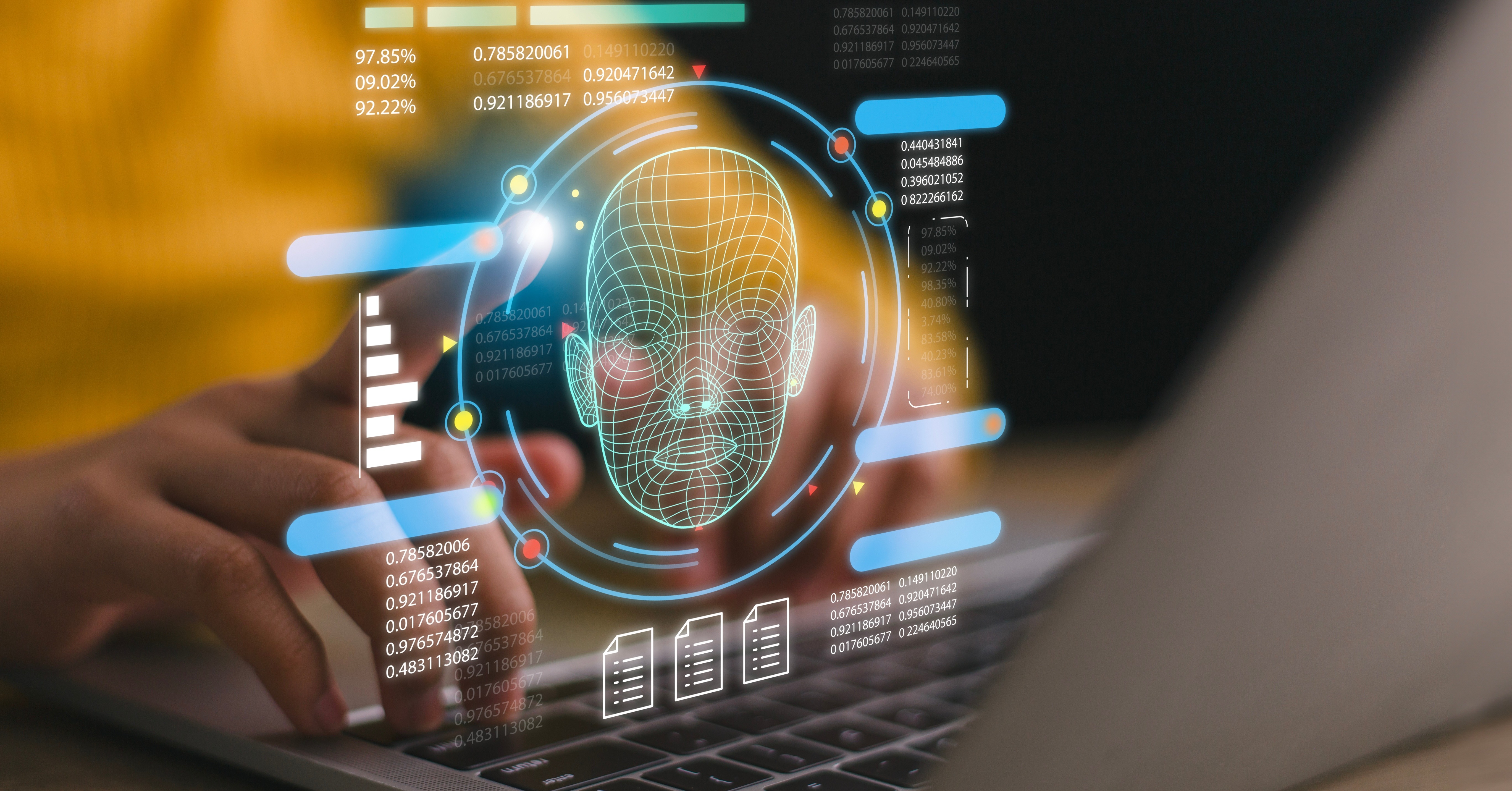Experiencing a Cybersecurity Incident? Get Help Now. | Abacus Group and Medicus IT have merged. Learn more.
Experiencing a Cybersecurity Incident? Get Help Now.
Abacus Group and Medicus IT have merged. Learn more.
Experiencing a Cybersecurity Incident? Get Help Now. | Abacus Group and Medicus IT have merged. Learn more.
Experiencing a Cybersecurity Incident? Get Help Now.
Abacus Group and Medicus IT have merged. Learn more.

Written by Travis Deforge, Director of Cybersecurity Engineering at Abacus Group
As artificial intelligence continues to evolve, the emergence of deepfakes has introduced unprecedented challenges for the cybersecurity landscape. Financial services, being a prime target for cybercriminals, must navigate these complexities with vigilance and innovation. This blog delves into the implications of deepfakes, the risks they pose to the financial sector, and how organizations can implement robust defenses.
Deepfakes utilize advanced AI techniques, particularly deep learning algorithms, to create hyper-realistic fake media—images, audio, and video. Initially popularised for entertainment and social media, deepfakes have quickly been exploited by malicious actors to perpetrate fraud, identity theft, and misinformation campaigns. The sophistication of these technologies makes it increasingly difficult to distinguish between genuine and fabricated content.
The complexity and rapid evolution of deepfake technology require specialised knowledge to protect against its threats. Partnering with cybersecurity firms like Abacus Group can empower financial services to navigate these challenges effectively. Our team is dedicated to providing tailored solutions that address the unique vulnerabilities of the sector, ensuring organizations remain resilient in the face of emerging threats.
As AI technologies continue to advance, financial services must balance innovation with security. While the benefits of AI in streamlining operations and enhancing customer experiences are undeniable, the risks associated with deepfakes cannot be ignored. By adopting a proactive approach to cybersecurity, organizations can leverage the advantages of AI while protecting their assets, reputation, and customer trust.
At Abacus Group, we are committed to leading the conversation on AI and cybersecurity, helping financial institutions stay one step ahead of emerging threats.
These Stories on Blog